Money Management

Saving – How saving works … it’s all about interest
Most of the time, you have to work to get money. But you may not know that your money can work for you – everyday. That’s a good deal! It’s all about interest. The District will PAY YOU interest on money you deposit with them.
The interest rate that The District pays is a percentage that rises and falls as the economy changes.
There are two kinds of interest
- Simple interest is calculated on the amount of money you deposit.
- Compound interest is more powerful. This interest is calculated on your deposits plus any interest you’ve already earned. So the interest the credit union paid you last month now becomes part of your new total, and you earn interest on that money too. Your money is growing all by itself. And you don’t have to do anything but keep your money in your savings account. It’s that easy!
When the amount of money you have deposited in your savings account gets larger, compounding gives you spectacular results. Compounding means that you earn interest on top of interest!
Interest = Principal x Interest Rate x Time
| Value of $10 | 1 year | 2 years | 4 years | 6 years |
|---|---|---|---|---|
| 4% | $10.40 | $10.82 | $11.69 | $12.65 |
| 5% | $10.50 | $11.03 | $12.16 | $13.40 |
| 6% | $10.60 | $11.24 | $12.62 | $14.19 |
| 8% | $10.80 | $11.66 | $13.60 | $15.87 |
Saving money is easier said than done. There’s more to it than just spending less (although cutting expenses can be challenging). Use these helpful tools and resources to stay on track with your savings.
Saving – Pay Yourself First
Savings should be your priority, so don’t just say that you’ll save whatever is left over at the end of the month. Deposit savings into your federally insured savings account at The District as soon as you get paid. A credit union generally offers the same services as a bank, but since they are not-for-profit, they tend to pay you a higher rate of interest on your savings, charge fewer fees, and offer automobile and mortgage loans with lower interest rates;
Spending – Establishing a Realistic Budget
Establishing a realistic budget requires a careful observation of your spending habits, and the ability to break things down into essentials, non-essentials, and occasional expenses. To gain a better understanding of your expenses and spending habits, the first step is to keep a record of your expenses. The amount you can save is determined by how much you make and how much you spend. Since you have more control over how much you spend, it is smart to take a critical look at your expenses. Write down everything you spend your money on for a couple weeks or a month. Be as detailed as possible, and try not to leave out small purchases. Place each purchase into a category such as: Rent, Car insurance, Car payments, Utilities, Gas, Food, Entertainment, etc.
Keep a small notebook with you at all times. Get in the habit of recording every expense and saving the receipts.
Sit down once a week with your small notebook and receipts. Record your expenses in a larger notebook.
After a month or two has passed, go through your notebook to see how much money you spend in each category. You will be surprised when you look back at your record of expenses: $200 on fast food, $100 on ice cream? You will probably notice some obvious cuts you can make. Think about your priorities, and make cuts you can live with. Calculate how much those cuts will save you per year, and you will be more motivated to save.
Sometimes you need some help managing your expenses and keeping your spending under control. Use these helpful tools and resources to help manage your spending habits.
Home Budget Calculator and Worksheet
Need assistance staying on track with your finances? Use our calculator to analyze your current home budget, then use our budget worksheet to keep track of your spending and assist with saving money.
You Can Control Your Spending!
Whether you are a controlled spender or an over spender, there are ways to help improve your spending situation. Use this handout for some helpful tips to keep your spending manageable.
What’s Your Money Personality?
Are you a spender or a hoarder? Do you want to merge your savings or keep them to yourself? You know what you are, but if you are curious about your financial attitudes, check out this fun and handout.
Spending – Open a Checking Account
Though many think of checking accounts as accessible only by check, more commonly people are accessing their accounts with ATM cards, debit cards, or using online bill payment services offered through The District. Cash is becoming a less common method of paying for things because it’s safer to carry checks or a debit card than cash. When you pay a bill by check you have proof of payment. You can obtain a copy of a paid check to prove that you paid a bill. When you pay with cash, you have no proof.
Another benefit of a checking account is that it lets you establish credit. A well-maintained checking account is an asset to establishing and obtaining credit. Finally, a checking account helps you budget your money. Keeping a record of checking activities helps you budget your expenses and income.
How to Write a Check
Have you just opened your first checking account but don’t know the first thing about writing checks? Use this worksheet to identify the parts of a check and how to correctly write one.
